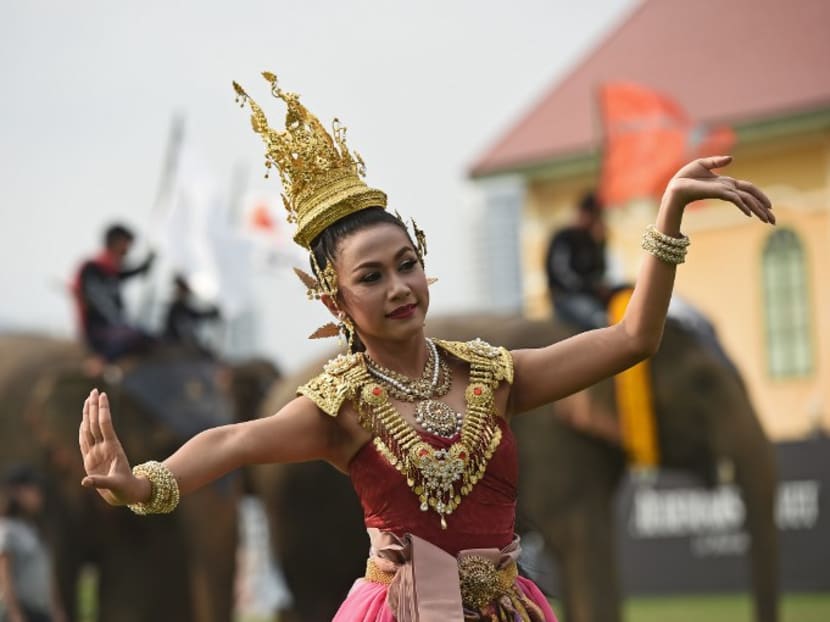Thais target Chinese tourists with visa fee hike
BANGKOK — A wave of deadly bomb blasts in Thai tourist resort areas has failed to deter the country’s military rulers from hiking entry fees for holidaymakers from 19 countries and territories — including China, modern tourism’s mother lode.
BANGKOK — A wave of deadly bomb blasts in Thai tourist resort areas has failed to deter the country’s military rulers from hiking entry fees for holidaymakers from 19 countries and territories — including China, modern tourism’s mother lode.
The decision to press ahead with plans to double visa-on-arrival costs to 2,000 baht (S$78.25) has generated mixed reviews, with some commentators arguing it will undermine efforts to shore up confidence in a rare growth industry in the stuttering economy. The tariff changes widen the disparity between Chinese holidaymakers and their Western counterparts, who can still visit for free even though the doubling of Thailand’s tourist numbers in six years has been driven by the Middle Kingdom. The higher charges appear to reflect official ambivalence in Bangkok towards a sector that has delivered income during political turbulence, but is putting increasing strain on infrastructure.
Mr Chanapan Klaewklachyawut, secretary-general of the Thai-Chinese Tourism Alliance Association, said: “This extra charge is not much for Chinese tourists. If they can’t even afford this amount, how will they have enough money to spend on travelling in Thailand?”
The Thai government announced last week that the new charges would come into effect next month, weeks after a wave of bomb attacks across tourist resorts in south Thailand killed four people and wounded dozens more, some of them foreigners.
The fees lift Thailand out of the bracket of visas on arrival for US$40 (S$54) or less charged by other South-east Asian holidaymaker destinations such as Cambodia and Indonesia.
Some Thai commentators have questioned both the decision to raise the prices and the timing of the announcement, which follow approval by the military-dominated cabinet earlier this year.
The Bangkok Post newspaper this week condemned the “outrageous” change as “out of sync with every other current tourist policy”, particularly as Taiwan — one of the other territories affected — has just scrapped its visa requirement for Thai tourists.
The increases are particularly striking because China has provided almost half of the more than 15 million extra arrivals that have lifted Thailand’s foreign tourism visitor numbers from 14.15 million in 2009 to 29.88 million last year.
The boom is apparent in the snaking queues at Bangkok’s Don Mueang airport for taxi ranks and at immigration desks that proclaim the official policy of “Good guys in, bad guys out”.
Some observers link the visa price rise to official efforts to attract more high-spending visitors and draw away from the cheaper — and seedier — elements of Thailand’s tourist success story.
Photos and videos have surfaced alleging various episodes of spitting and other bad-mannered behaviour by Chinese tourists, who have flocked in particular to temples and other sites featured in a hugely popular 2012 road trip movie called Lost in Thailand.
Some tourism sector insiders including Ctrip, the leading Chinese online travel booking website, argue the higher fees could even be a good thing, because they will help ease the congestion that rapid expansion has brought.
“Today, immigration at the airport is so crowded with Chinese tourists applying for visas,” said Mr Sisdiwachr Cheewarattanaporn, vice-president of the Tourism Council of Thailand. “Now some of them may want to pay less by doing it in advance.” FINANCIAL TIMES







